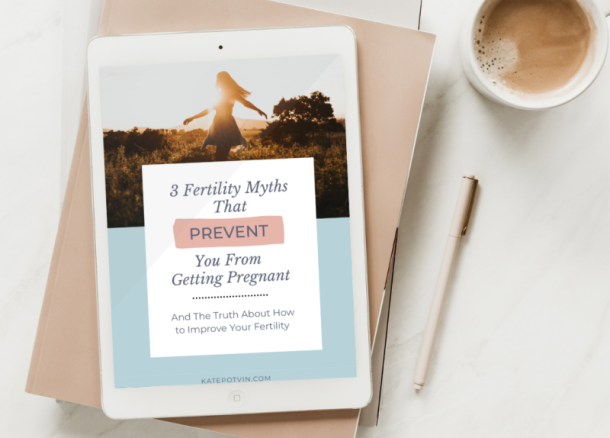No Results Found
The page you requested could not be found. Try refining your search, or use the navigation above to locate the post.
The page you requested could not be found. Try refining your search, or use the navigation above to locate the post.
Sign up for my email list and learn 10 habits in 10 days.
Take charge of your hormones. Take charge of your health.

Sign up for my email list and get updates + free content starting with my top tips to boost your fertility.